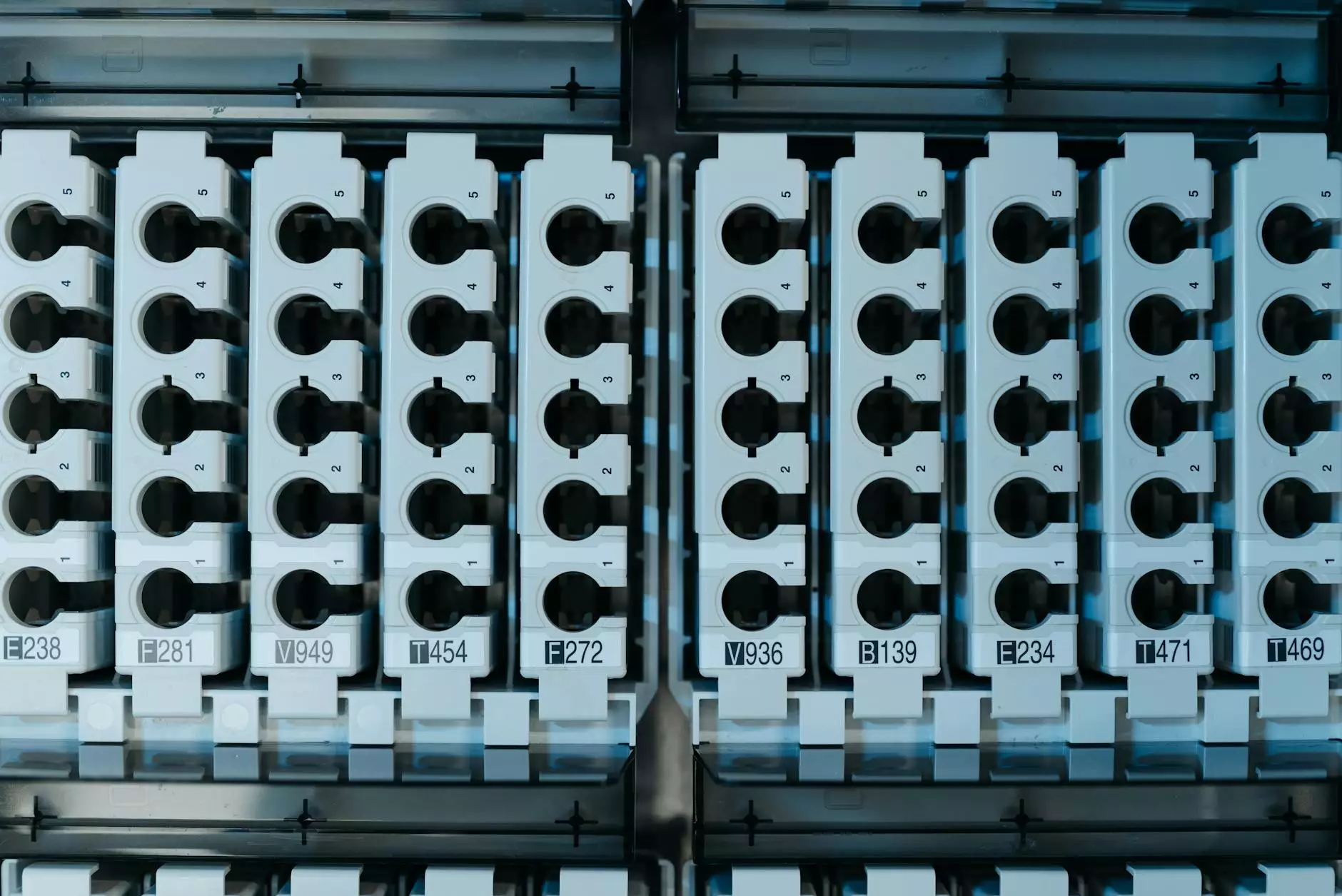Comprehensive Guide to the Business of R134a Car AC Systems

In today's rapidly evolving automotive industry, air conditioning systems play a crucial role in ensuring driver and passenger comfort, especially in regions experiencing extreme weather conditions. Among various refrigerants, R134a car AC systems have gained significant attention due to their efficiency, environmental considerations, and widespread adoption. This comprehensive guide explores the business aspects of R134a car AC systems, providing insights into market dynamics, technological advancements, regulatory challenges, and future opportunities.
Understanding R134a Car AC: The Backbone of Modern Automotive Climate Control
The R134a refrigerant, scientifically known as 1,1,1,2-tetrafluoroethane, revolutionized automotive air conditioning when it replaced CFCs (chlorofluorocarbons) owing to its lower ozone depletion potential. The R134a car AC system is a closed-loop refrigeration cycle that relies on this refrigerant to absorb heat from the vehicle's interior and expel it outside, thereby maintaining a cool and comfortable cabin environment.
The Core Components of R134a Car AC Systems
- Compressor: The heart of the system that compresses the refrigerant and circulates it through the system.
- Condenser: Transfers heat from the refrigerant to the outside air, converting it from a gas to a high-pressure liquid.
- Expansion Valve: Regulates refrigerant flow into the evaporator, lowering its pressure.
- Evaporator: Absorbs heat from the vehicle cabin, converting refrigerant back into gas.
- Refrigerant: The working fluid, in this case, R134a, which facilitates heat transfer.
Market Dynamics and Business Opportunities in R134a Car AC
As the automotive industry expands and customer expectations for comfort rise, the R134a car AC segment presents lucrative business opportunities. The growth of auto manufacturing countries and the increasing aftermarket services related to system repairs and refrigerant refills contribute positively to the market dynamics.
Global Market Trends
The global automotive air conditioning market is projected to grow significantly over the next decade, driven by a combination of technological advancements, stricter emission regulations, and consumer demand for climate comfort. Countries in Asia-Pacific, North America, and Europe lead the demand due to their large vehicle fleets and environmental policies encouraging the adoption of eco-friendly refrigerants like R134a.
Regulatory Environment and Challenges
One of the key factors influencing the R134a car AC business is regulation. International agreements like the Kyoto Protocol and subsequent legislative measures have placed restrictions on high-GWP (Global Warming Potential) refrigerants. Although R134a is less damaging than CFCs, newer refrigerants with even lower GWP are emerging, prompting ongoing innovation and phase-out strategies.
This evolving landscape presents new challenges but also opportunities for businesses willing to adapt, innovate, and promote environmentally sustainable solutions.
Technical Innovations Improving R134a Car AC Systems
The future of R134a car AC systems hinges on technological innovations aimed at efficiency, sustainability, and cost reduction:
- Variable Displacement Compressors: Increase efficiency by adjusting compressor output based on demand.
- Integrated System Controls: Enhance thermal management and reduce energy consumption through smart controls.
- Leak Detection Systems: Minimize refrigerant loss and environmental impact by early detection of leaks.
- Alternative Refrigerants: Transition towards next-generation refrigerants like HFO-1234yf, driving business innovation and compliance.
Environmental and Health Considerations in the R134a Market
While R134a has been recognized as a more environmentally friendly alternative to CFCs, it is not without concerns. Its high GWP value raises environmental challenges, leading international stakeholders and industry leaders to seek sustainable alternatives. Additionally, handling and recycling refrigerants require strict adherence to health and safety standards to prevent health hazards such as inhalation risks or chemical burns.
Businesses in this domain must focus on safe handling practices, comprehensive training, and innovative recycling processes to ensure compliance and protect health standards, especially within the context of health & medical considerations that Silver Holdings PZOO emphasizes.
Business Strategies for Success in the R134a Car AC Industry
To excel in this competitive arena, companies should adopt several strategies:
- Invest in R&D: Focus on developing more efficient, eco-friendly, and cost-effective R134a systems and refrigerants.
- Expand Service Networks: Build extensive repair, maintenance, and refrigerant refilling services to boost customer loyalty.
- Ensure Regulatory Compliance: Stay updated with global and local environmental regulations and implement compliant practices proactively.
- Promote Sustainability: Incorporate eco-friendly refrigerant options and recycling initiatives to enhance brand reputation and environmental stewardship.
- Harness Digital Technology: Use IoT and data-driven insights for predictive maintenance and optimized system performance.
Opportunities for Investment and Growth
The increasing global focus on sustainability and efficient vehicle operation offers numerous opportunities:
- Manufacturing Expansion: Investing in next-generation R134a-compatible components and systems.
- Refrigerant Recycling and Refill Stations: Establishing eco-friendly and technologically advanced refill facilities.
- Aftermarket Accessories: Providing replacement parts, retrofit kits, and upgrade options for existing systems.
- Training Services: Developing specialized training programs for technicians on handling R134a refrigerant and modern AC systems.
Conclusion: The Future of Business in R134a Car AC Systems
The business landscape surrounding R134a car AC systems is dynamic, significant, and full of potential. As environmental regulations tighten and consumer expectations for comfort and efficiency grow, companies must innovate and adapt. Embracing technological advances, promoting sustainability, and expanding aftersales services will be pivotal for success. Silver Holdings PZOO, with its focus on Health & Medical innovations, is well-positioned to lead in integrating these systems with health-conscious, environmentally sound practices, ensuring a safe and sustainable future for automotive air conditioning solutions.
Investing in the R134a car AC business today means embracing cutting-edge technology, adhering to strict standards, and understanding market trends. The journey towards greener, smarter, and more efficient automotive climate systems is ongoing, presenting a wealth of opportunities for those prepared to lead the charge.









